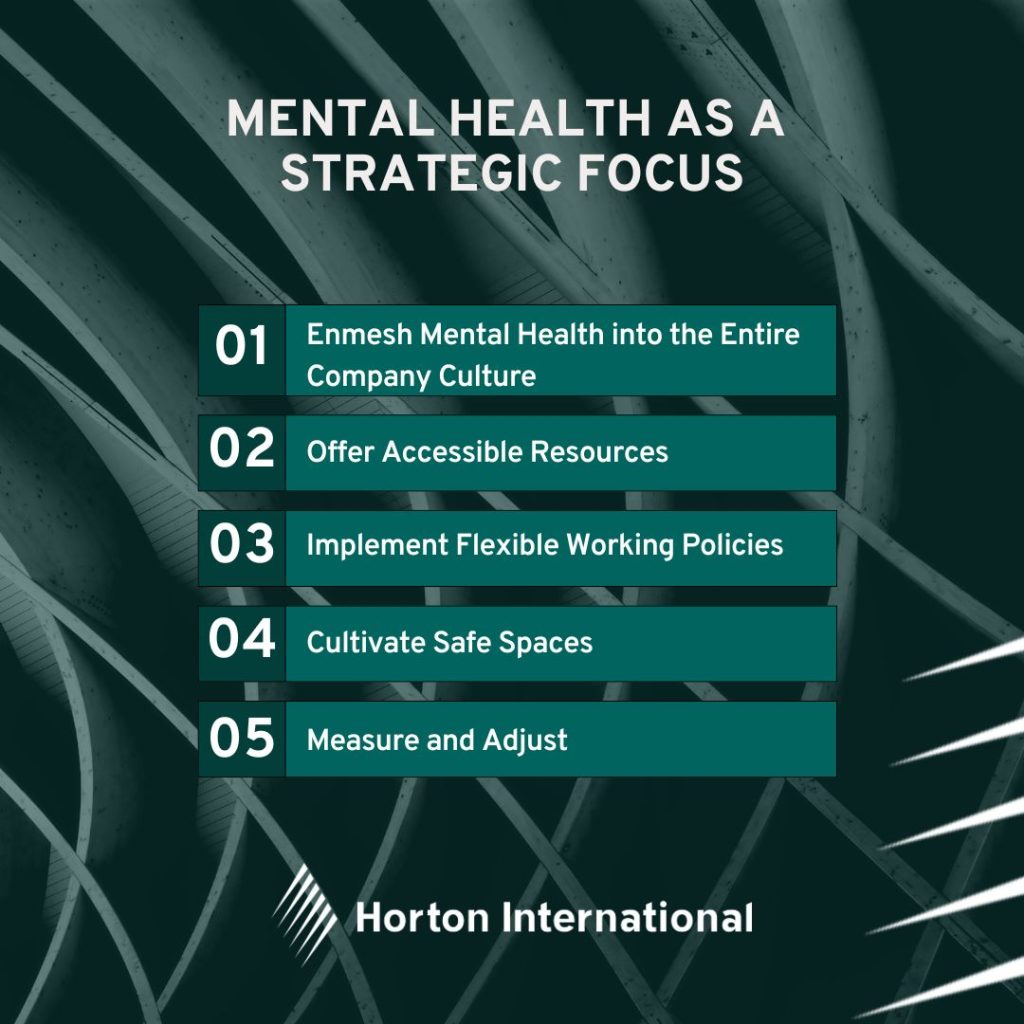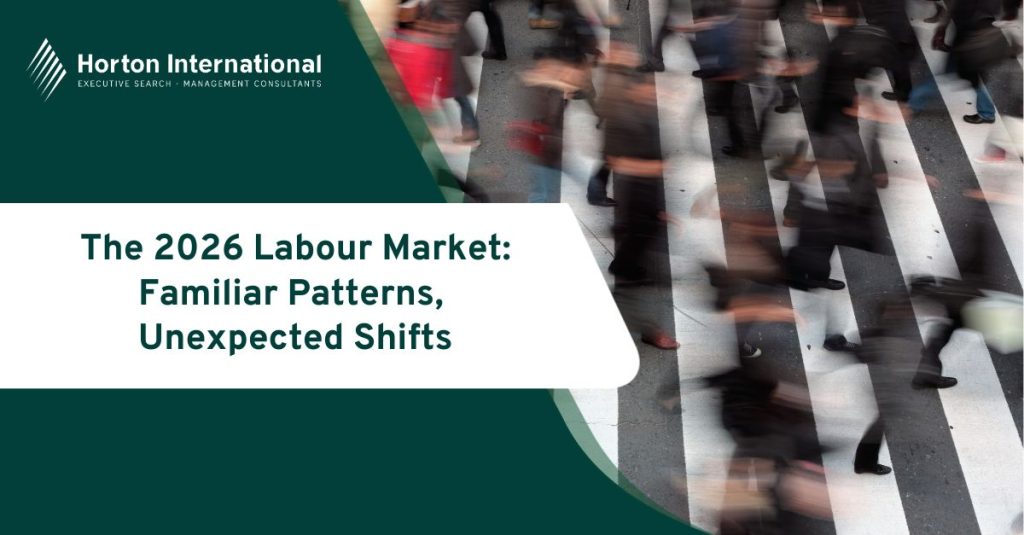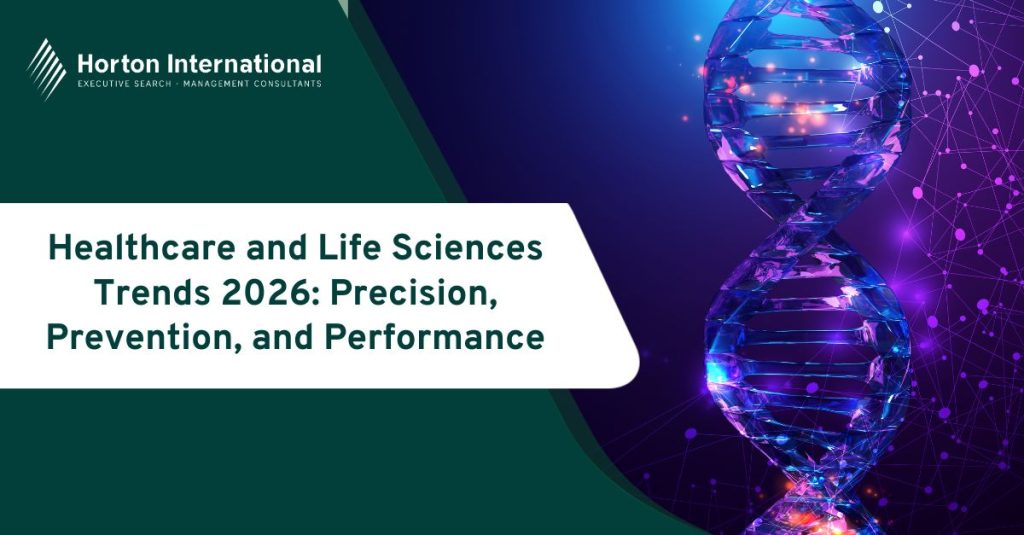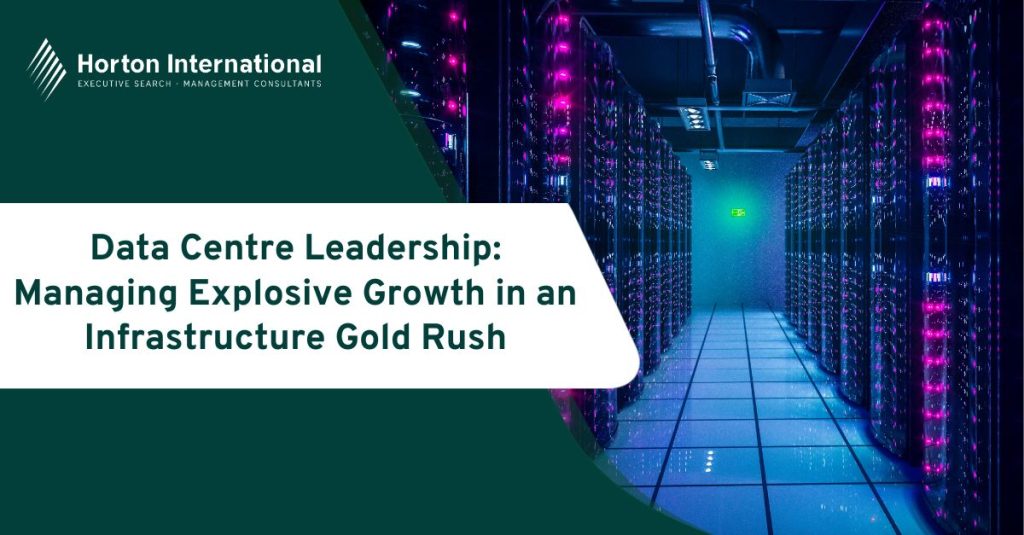The future of work is now being shaped not only by advancements in technology but by a seismic shift in employee expectations – particularly among Generation Z. Born between the mid-1990s and early 2010s, this is the first generation to grow up with the internet, smartphones, and social media. Their approach to work is notably different from their predecessors, shaped in large part by the global COVID-19 pandemic, which disrupted traditional working norms and highlighted the inadequacies of mental health support in many workplaces.
As organisations attempt to navigate a post-pandemic world, comprehending and tackling the mental health needs and workplace expectations of Gen Z is no longer optional – it’s vital.
The Gen Z Mindset: A New Set of Expectations
Gen Z employees are entering the workforce with a firm sense of identity, a strong commitment to mental health, and the expectation of a good work-life balance and meaningful employment. Unlike prior generations, they view mental health support as a fundamental right, not a perk.
Six Key Expectations of Gen Z in the Workplace:
- Mental Health Support – Access to mental health services, such as counselling and therapy, is seen as a baseline requirement for Gen Z workers.
- Flexibility – This cohort wants employers to offer the ability to work remotely or follow hybrid schedules.
- Work-Life Balance – Gen Z prioritises healthy boundaries and doesn’t subscribe to the “hustle culture” embraced by Millennials.
- Inclusive Work Culture – Gen Z workers expect their workplaces to be inclusive, diverse, and ethical.
- Open Communication – This generation of employees favours regular feedback and transparent conversations about performance, targets, and company values.
- Purpose Over Paycheck – Gen Z values mission-driven organisations and needs to know their role will have a meaningful impact.
The Pandemic’s Lasting Impact on Gen Z Employees
The COVID-19 pandemic was a formative experience for Gen Z, with many entering the workforce during lockdowns or transitioning to remote internships and first jobs, missing out on traditional professional development and networking pathways.
Mental Health Consequences:
- Isolation and Anxiety – Remote working frequently meant being disconnected from colleagues and mentors, which led to a loneliness epidemic.
- Job Insecurity – The pandemic’s economic fallout created uncertainty, especially for younger workers in entry-level positions.
- Delayed Career Development – Fewer face-to-face learning and mentorship opportunities significantly impacted Gen Z’s skill development.
Statistics Highlighting the Impact:
- According to a 2023 report by Deloitte, 46% of Gen Z respondents reported feeling stressed or anxious “most of the time.”
- Research conducted by the American Psychological Association revealed 91% of Gen Z adults experienced at least one physical or emotional symptom due to stress during the pandemic.
- A 2022 LinkedIn survey revealed that 81% of Gen Z workers had left or considered leaving a job for better mental health support.
Mental Health as a Strategic Focus
Mental health is no longer just a wellbeing issue – it’s now a strategic business concern. Companies that ignore this issue risk higher turnover, lower productivity and performance – and the risk of significant reputational damage.
Employers Must Take Action:
1. Enmesh Mental Health into the Entire Company Culture
- Encourage leaders to talk openly about mental health.
- Make mental health part of onboarding and ongoing training.
2. Offer Accessible Resources
- Provide access to therapy through Employee Assistance Programs (EAPs).
- Offer regular mental health workshops, days or “wellness weeks.”
3. Implement Flexible Working Policies
- Offer hybrid or remote work options.
- Encourage reasonable working hours and discourage after-hours emails.
4. Cultivate Safe Spaces
- Foster ERGs (Employee Resource Groups) and mental health affinity groups.
- Train managers so they are equipped to spot the signs of burnout and stress.
5. Measure and Adjust
- Leverage anonymous surveys to gather honest employee feedback.
- Continuously evaluate workplace mental health initiatives for effectiveness.
The Business Case for Mental Health Investment
Making mental health a priority issue isn’t just the right thing to do – it’s also savvy business.
- Increased Productivity – Mentally healthy employees perform better and are more focused, creative, and engaged.
- Reduced Turnover – Workers who feel supported are more likely to stay loyal to the company.
- Positive Employer Brand – Companies known for mental health support find it easier to attract and retain top talent.
- Lower Healthcare Cost – Addressing mental health early on can reduce absenteeism and related medical expenses down the line.
Supporting Stats:
- The World Health Organisation reports that for every $1 invested in mental health, employers see a $4 return in improved health and productivity.
- According to Mind Share Partners, 60% of employees say mental health affects their productivity.
- Gallup research shows that organisations that prioritise wellbeing see an on-average 21% higher profit margin.
Embracing the Future-Ready Workplace
Organisations seeking a competitive edge must evolve their approach to their employee wellbeing. Prioritising mental health involves not just offering benefits – but taking steps to nurture a culture where mental health is understood, valued, and incorporated into the company’s key values.
Steps to a Future-Proof Mental Health Strategy:
- Listen to Employees – Create opportunities for transparent communication, with open channels for feedback and employee concerns.
- Remove the stigma – De-stigmatize mental health by encouraging open dialogue.
- Invest in Training – Equip managers with the skills to support their teams’ mental wellbeing.
- Stay Agile – Continuously adapt workplace policies to meet ever-evolving employee needs, especially as Gen Z becomes the dominant workforce demographic.
A New Era of Accountability
Gen Z is reshaping the workforce and in response, employers must rise to meet their expectations – not just to attract and retain talent, but to create a healthier, more resilient workplace. The pandemic laid bare the vulnerabilities in our systems and accelerated a huge cultural shift – now workers are demanding that mental health is no longer kept in the shadows but is placed front and center in workplace discussions.
Companies that proactively embrace this change, will reap the long-term rewards, cultivating not only a happier – and healthier workforce – but also seeding the ground for a stronger, more sustainable future.







